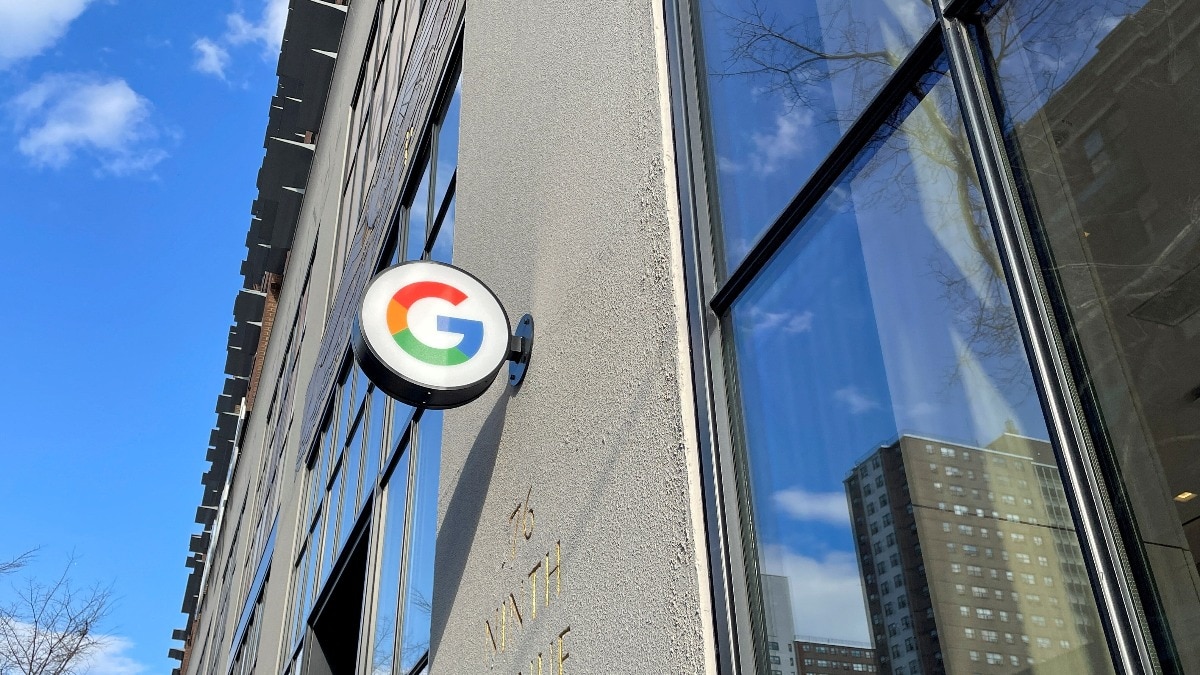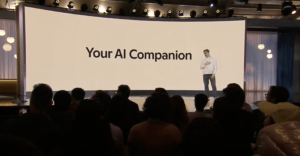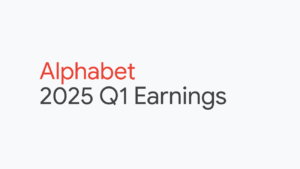Inside the AI Race: Google Offers DeepMind Employees a Year of Paid ‘Garden Leave’

Google’s Garden Leave for DeepMind Employees
Overview of Garden Leave Policies
Google is currently instituting extensive garden leave for some employees in its DeepMind division located in the UK. This approach is part of a broader trend where companies utilize non-compete agreements to restrict workers from joining rival firms. These agreements can prevent employees from taking new jobs for a significant period, sometimes lasting up to a year. By implementing this practice, Google raises questions about its effects on career advancement in the rapidly evolving field of artificial intelligence (AI).
Insights from Former Employees
In a recent report by Business Insider, several former employees of Google DeepMind shared their experiences regarding these non-compete clauses. They noted how these rules are limiting their ability to transition to competitor companies once they leave their roles. Nando de Freitas, a former director at DeepMind, highlighted the dire situation many employees find themselves in. He received frequent inquiries from individuals seeking guidance on how to navigate their lengthy notice periods and the constraints imposed by non-compete agreements. De Freitas urged employees to think carefully before signing these contracts, stating that no corporation should wield such significant power over individuals, especially in the European context.
Justifications from Google
Google defends the use of these non-compete agreements by asserting that they align with industry standards and are used selectively to protect the company’s interests. A spokesperson from Google explained that, given the sensitive nature of their work, non-compete clauses are necessary to ensure the security of their innovations. Nevertheless, some employees of DeepMind argue that these lengthy restrictions are detrimental to their professional growth.
The Fast-Paced AI Landscape
The fast-evolving nature of the AI industry amplifies the stakes involved in these agreements. One former DeepMind employee expressed concern about how a year of inactivity can be prohibitive, noting that a delay of just six months can substantially disadvantage a professional in the competitive AI landscape. Another referred to the current race in AI development as reminiscent of a space race, where every moment counts.
Impact on Key Projects and Careers
Some of the employees affected by these non-compete agreements are working on crucial projects like Google’s Gemini AI models. While six-month non-competes are more typical for general employees, senior researchers face stringent year-long restrictions. This not only stalls their career progress but could also impede overall innovation during a pivotal time for developments in AI.
The Wider Implications of Garden Leave
The issue of garden leave in the tech sector highlights the fierce competition among companies vying for top talent in AI. Although Google’s strategy may aim to ensure its competitive edge, the ethical considerations surrounding such restrictive practices continue to ignite discussions, especially in regions like Europe with differing labor laws from the United States. Many advocates argue that these agreements can stifle not only personal career trajectories but also broader innovation within the industry.
Future Considerations
The ongoing AI race complicates the outlook regarding the long-term effects of these non-compete agreements on the mobility of skilled professionals and the overall market dynamic. The challenge for companies like Google is to find a balance between protecting their strategic interests and respecting employee rights. As the industry evolves, this topic will likely remain a central point of deliberation among experts, employees, and policymakers alike.






